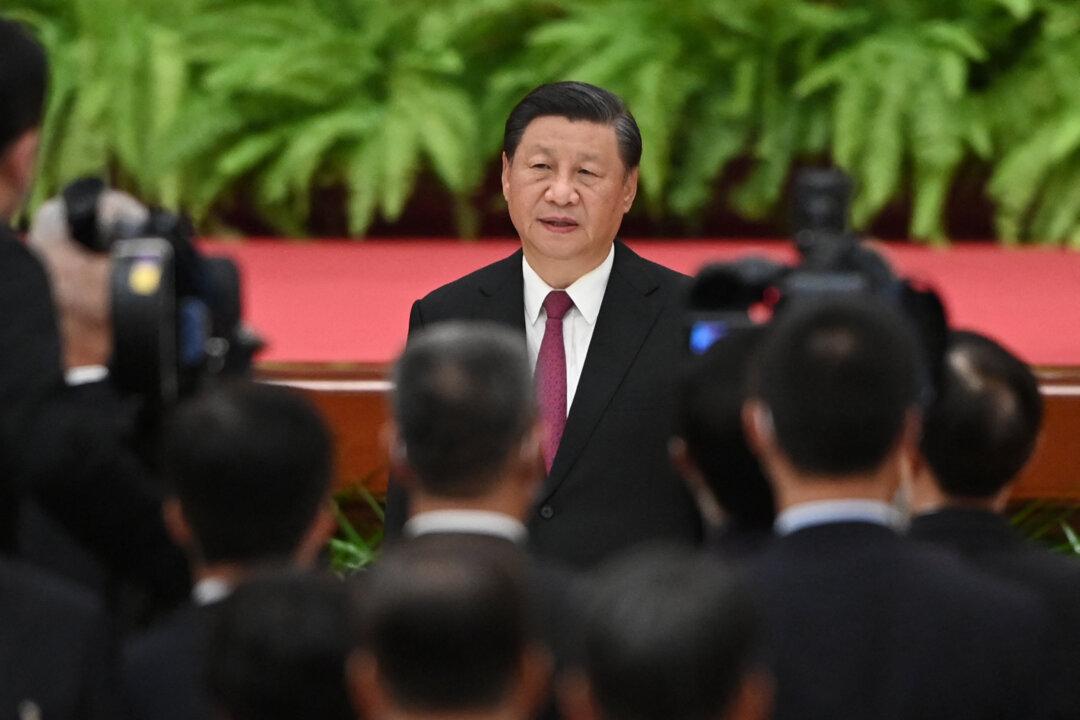News Analysis
In August, the Chinese state-run paper Economic Information Daily ran a scathing 6,000-word article that condemned the country’s online gaming industry as promoting “spiritual opium,” raking in billions while creating a “new drug” addiction among the people, especially the youth. The article was republished in dozens of outlets and was followed by similar commentaries in state media and official social media posts.




